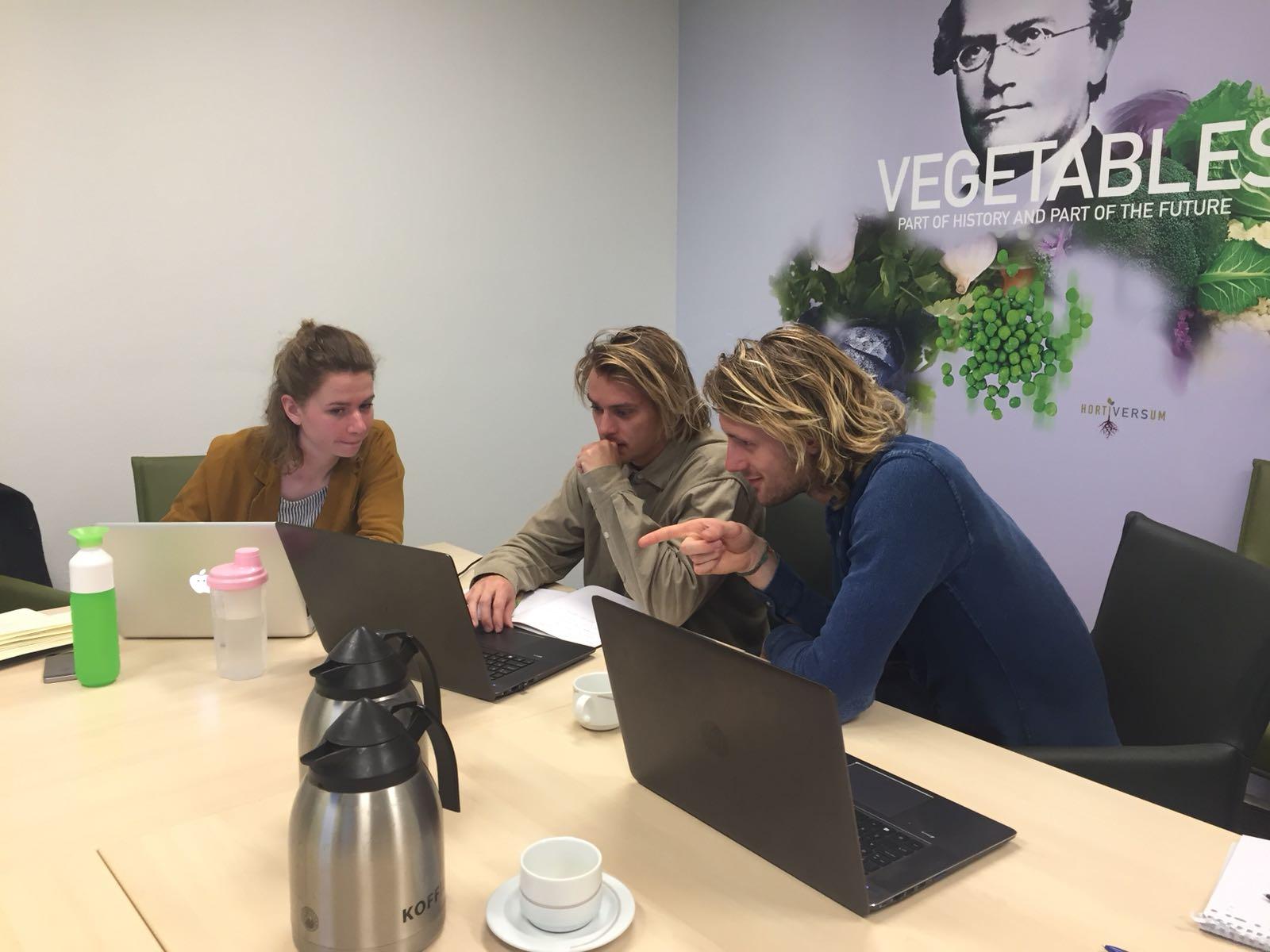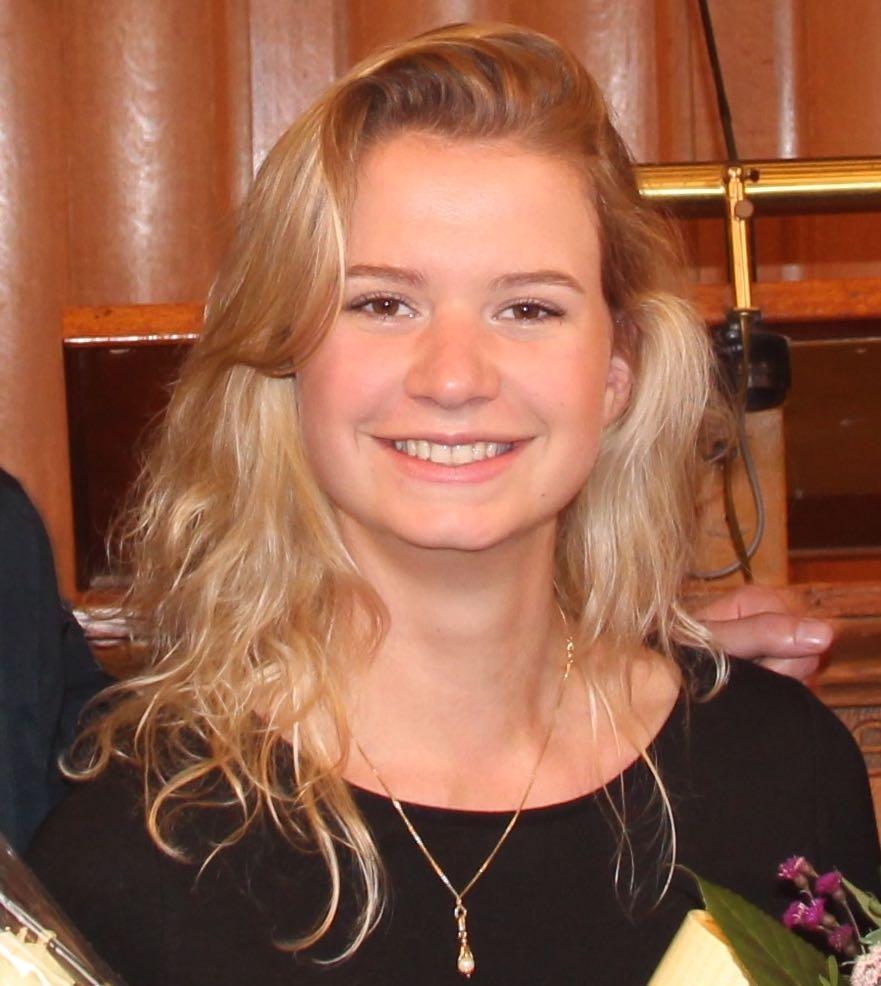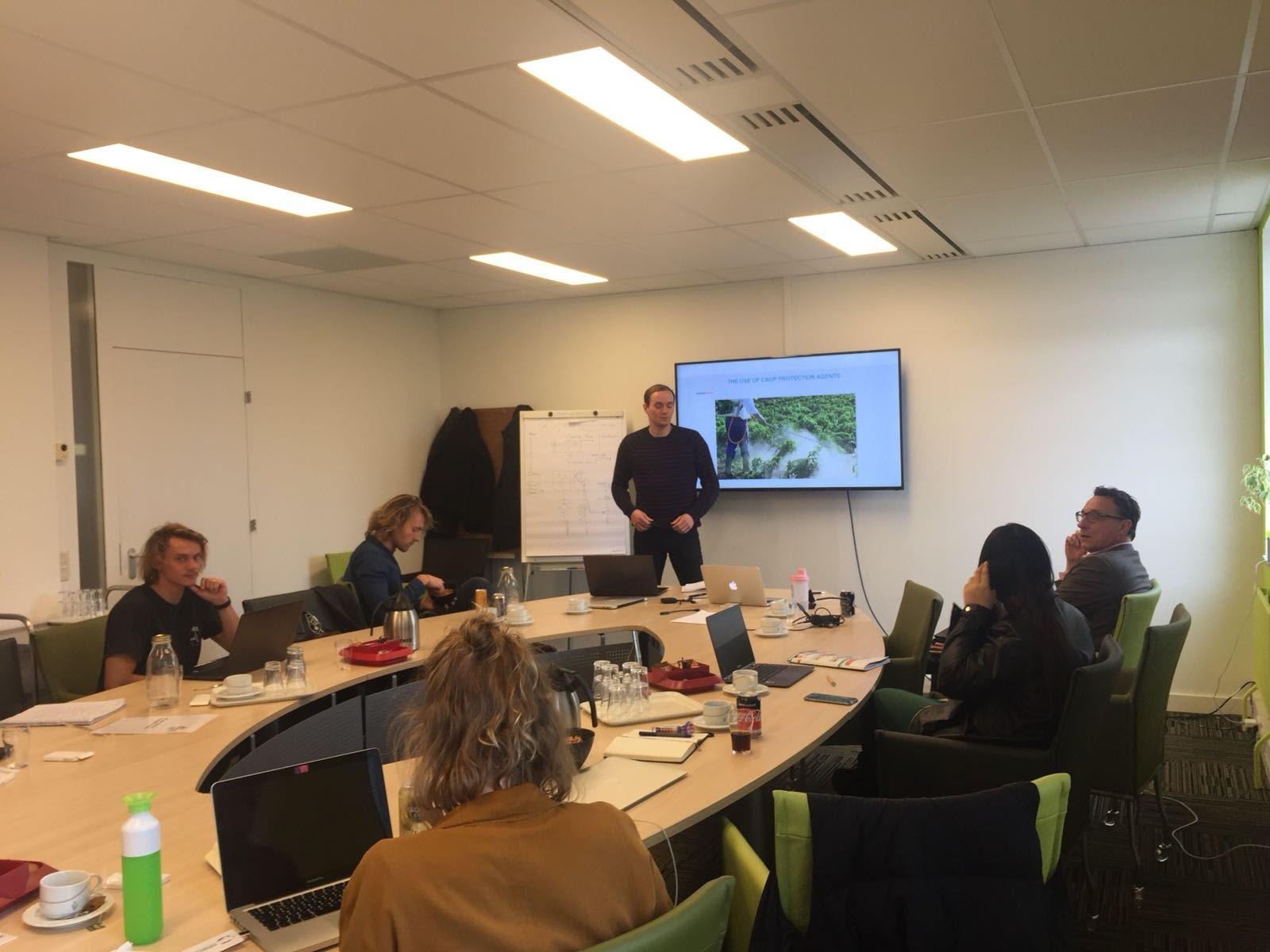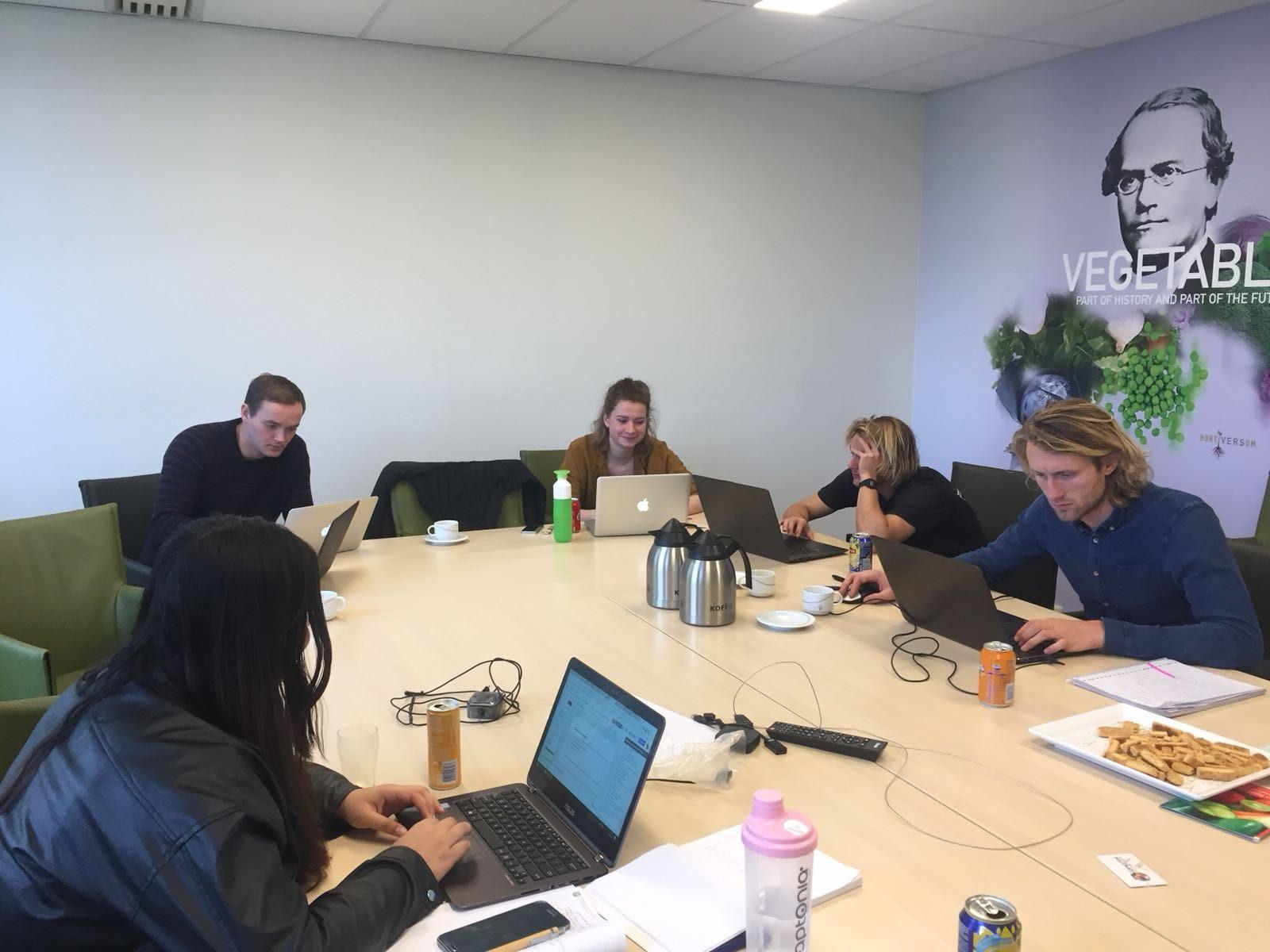A business case from The Fresh Produce Centre
On 27 March the Greenport Hub and the top sector horticulture & materials organised a challenge for the The Fresh Produce Centre (in Dutch: GroentenFruit Huis). 6 master students from Leiden, Delft and Erasmus joined the challenge. The students had educational backgrounds ranging from engineering degrees to politics, and from financial law to sustainable business. The Fresh Produce Centre wanted to create a new measurement system for the impact of pesticides on the environment. Michiel Roelse, operational manager at the top sector horticulture & materials (TKI Tuinbouw en uitgangsmaterialen) was there as well to answer questions and help students if needed.

‘ It was more than I expected’ says Michiel Roelse
The challenge
he Fresh Produce Centre wanted to know if the current measurement system for measuring the environmental impact of crop protection agents is still sufficient. Their research question was: How to define and measure environmental impact related to the use of crop protection agents to secure sustainable food supply from producer to consumer?
The 6 students were ready to take up this challenge. This challenge was also a test for the Greenport Hub: would both parties (students and stakeholders of the horticulture) be satisfied? Were the questions challenging enough? Were the students prepared to take up such a complicated challenge? Were they able to understand the needs of the company?
The agricultural sector has to deal with pressure from consumers, who make assumptions and confrontations about the use of crop protection agents, and their environmental impact, thus the sector strives to look for solutions in measuring the impact to make food supply more sustainable.
In line with this challenge, students tackled the issue of crop protection agents and how to measure their environmental impact from a consumer perspective.
This was addressed by looking at what the consumer wants to know, and the information that is currently already available, and it was outlined by the three main points:
1) The consumer wants to know if crop protection is necessary, and, 2) if the chemicals used are dangerous. Further, 3) the consumer wants to know where this type of information is available, and how such information can be interpreted.
The real problem is that information about crop protection agents is unclear and difficult to find.
The outcome of the challenge
After a full day of intense research and brainstorming the question of crop protection agents, the students found issues that need to be addressed, as part of the one-day case study.
Consumers often face fears about safety and health, and raise questions without scientific reasoning, and yet, supermarkets and point of sale organisations take sufficient preventive measures to reject agricultural produce without appropriate scientific reasoning.
The real problem is that information about crop protection agents is unclear and difficult to find. Having studied the measurement system for evaluating crop protection agents, the students found that this type of information is only accessible and understandable for scientists and those highly specialised in the field of chemistry, or engineering.
A large database exists, following protocol set by various governmental and regulatory bodies, but this information is difficult to find and understand.
The students concluded that in order to allow the consumers to understand the production processes of the agricultural sector, and the impact of crop protection agents on the environment, the sector needs to improve transparency and readability.
Communication is essential to providing a positive message, and the information must be able to be accessed by all.
Feedback
‘It was more than I expected’, says Michiel Roelse, when I asked him about the results of the day.
‘It was the first time we organised such an event, where students had to work out an assignment from one of the companies of our network. But it turned out to be a great success. The students really listened to us, asked the right questions to get a better understanding of the needs underlying the research question. They worked independently on a solutions and were able to explain us their findings. It was a first time for me to work on such a challenge with students, but I want continue doing this.’
For Iris Hameleers (MSc student industrial ecology Leiden/Delft), the challenge was an valuable experience:

'This specific case concerning crop protection agents gave me a new perspective on the whole agricultural sector. It also provided me with hands-on experience concerning problem formulation and solution creation in a company setting. It was an interesting and interactive day, which was really enjoyable!’
Iris, will present their findings during the yearly network event of horticulture sector on 3 April!
About the Greenport Hub
The Greenport Hub is one of the three Knowledge and Innovation Hubs of Centre for Sustainability. In our hubs we connect students with relevant master thesis assignments directly connected to stakeholders like companies and local governments. If you want to join the hub as a student or as an organisation, click here.


Participating students: Ruben Rekers, Iris Hameleers, Shivaani Harmsen
